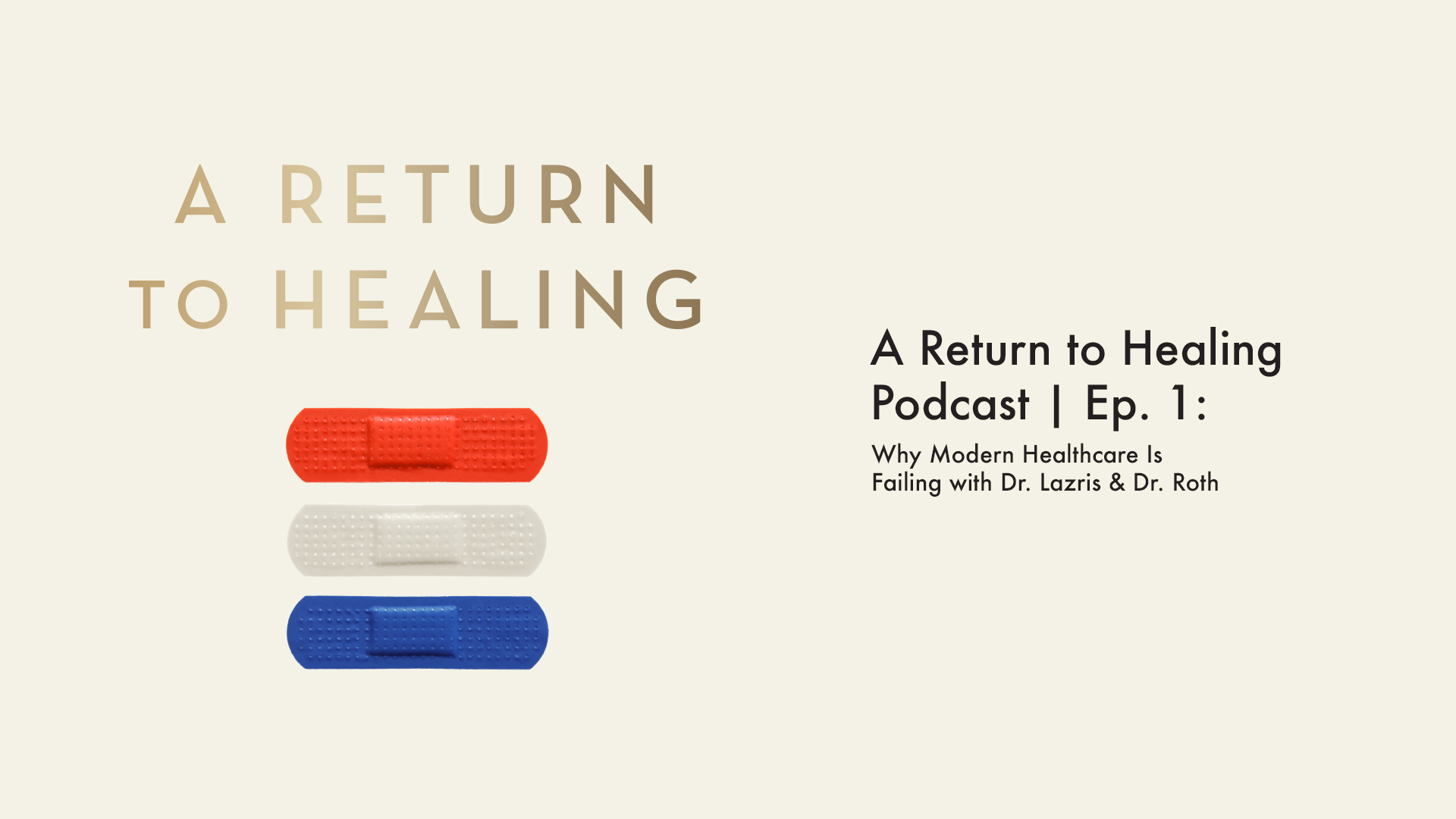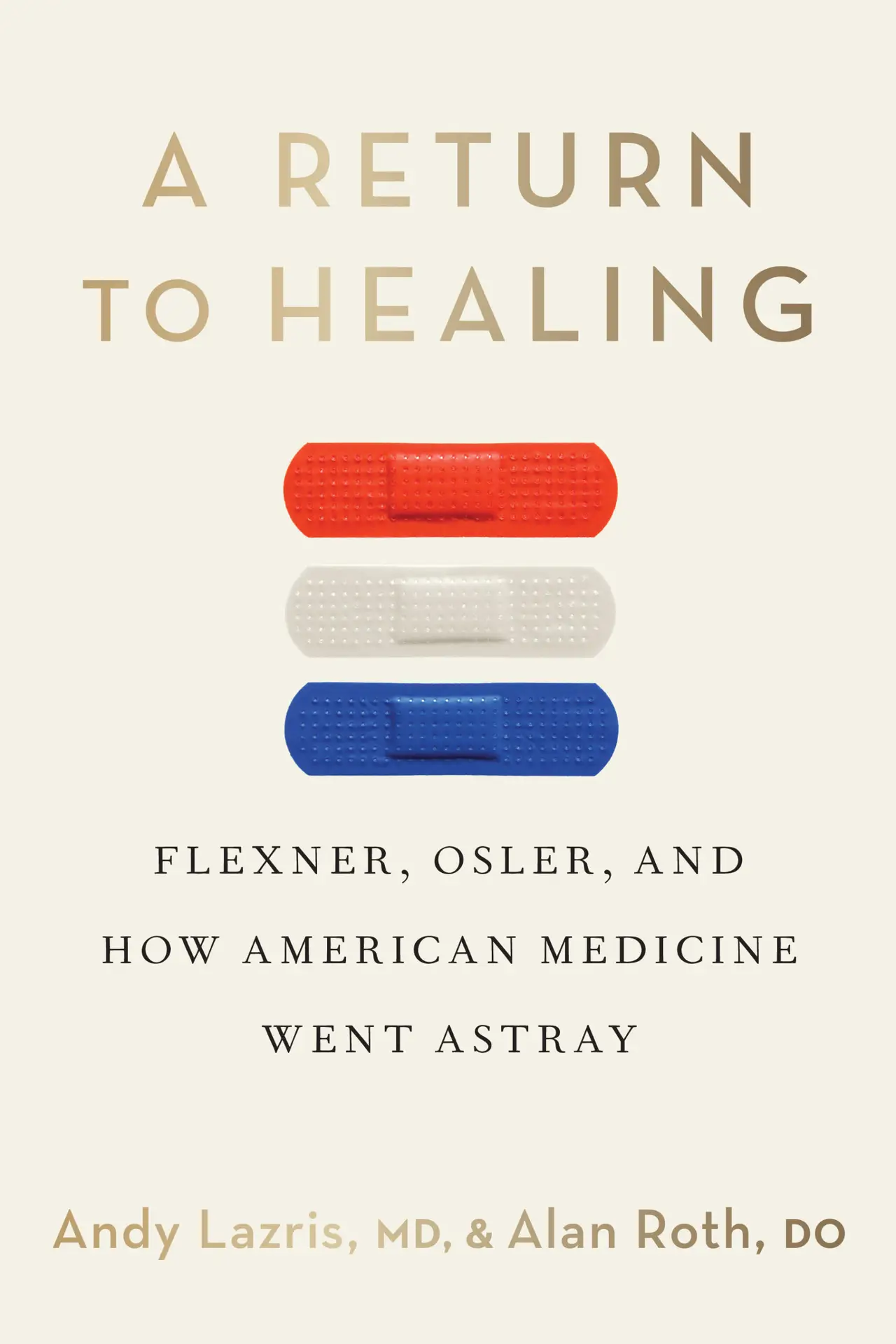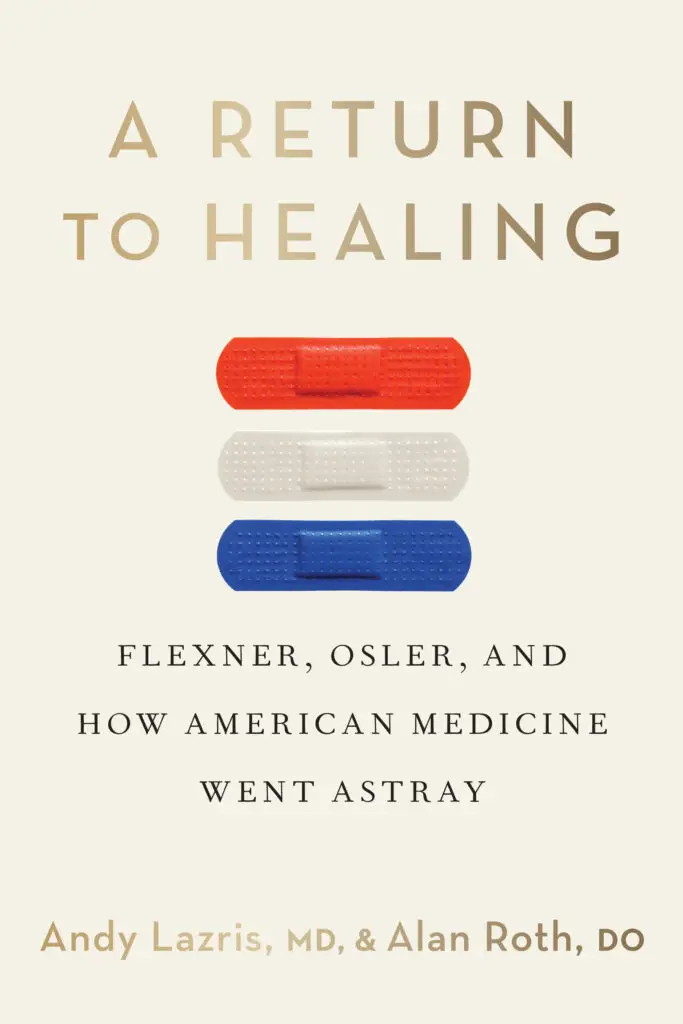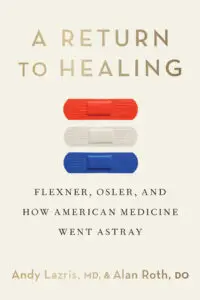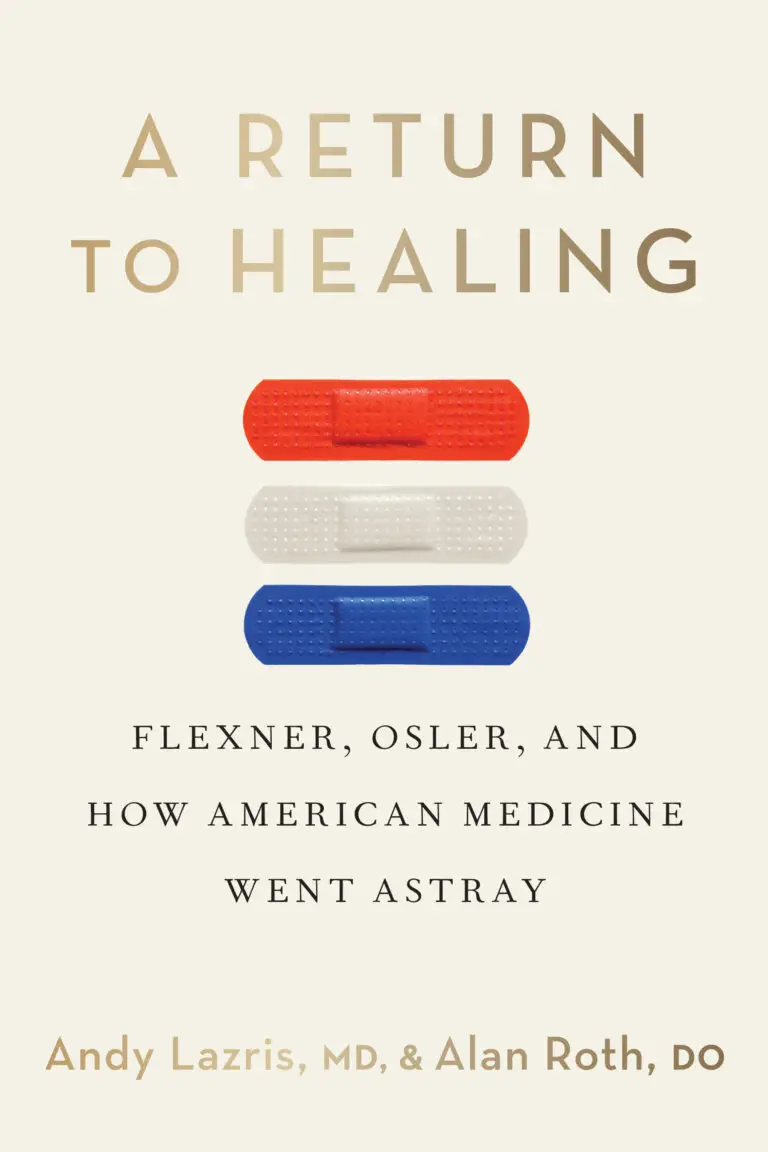Should all older adults be on statins? According to the latest evidence—and the insights of Drs. Andy Lazris and Alan Roth—the answer is far from clear.
The routine use of statins in the elderly is a growing concern in modern medicine. While these drugs are widely prescribed to manage cholesterol, recent evidence suggests they may offer limited benefit—and potentially cause harm—for older adults, particularly those over the age of 75.
In this insightful article from American Family Physician, Drs. Andy Lazris and Alan Roth challenge the conventional wisdom around statin use in seniors. They explore the disconnect between population-based guidelines and what truly serves patients in the later stages of life.
Do Statins in the Elderly Improve Outcomes—or Complicate Care?
This piece explores both primary and secondary prevention, detailing how statins are often prescribed to older patients based on quality metrics—not individualized risk. While there may be modest benefits for certain high-risk patients, the article emphasizes that for many elderly individuals—especially those over 80—the evidence is weak or nonexistent.
Key topics include:
Lack of mortality benefit in older adults
Increased risk of muscle pain, fatigue, and falls
Limited data supporting statin use in the very old
The importance of shared decision-making in geriatric care
How This Reflects the Message of A Return to Healing
This article reinforces the philosophy behind A Return to Healing: that patient-centered care must replace the industrialized “one-size-fits-all” model of modern medicine.
Drs. Lazris and Roth advocate for deprescribing and prioritizing function, quality of life, and shared decision-making—especially for older patients who are often subject to polypharmacy and overtreatment.
If you’re a healthcare provider, caregiver, or aging adult questioning long-term statin use, this article offers a meaningful and evidence-based perspective rooted in compassion and common sense.

